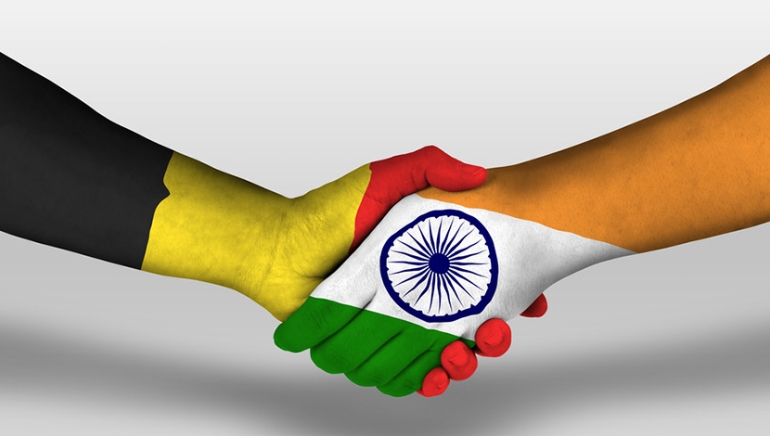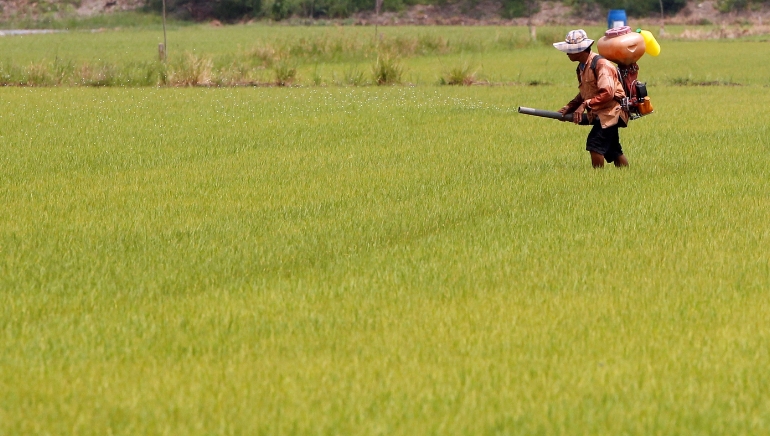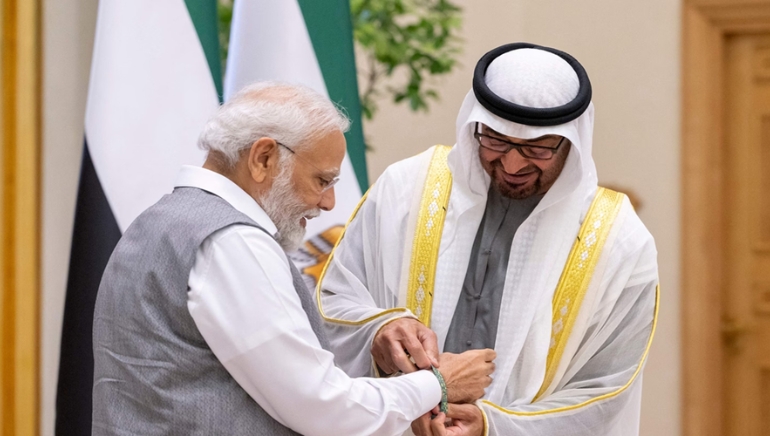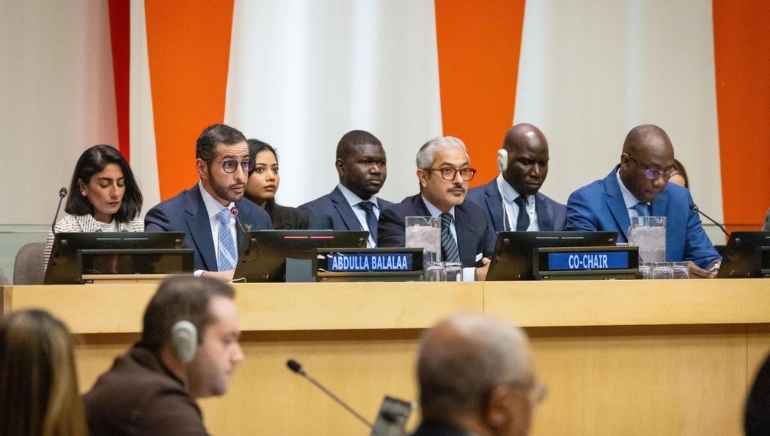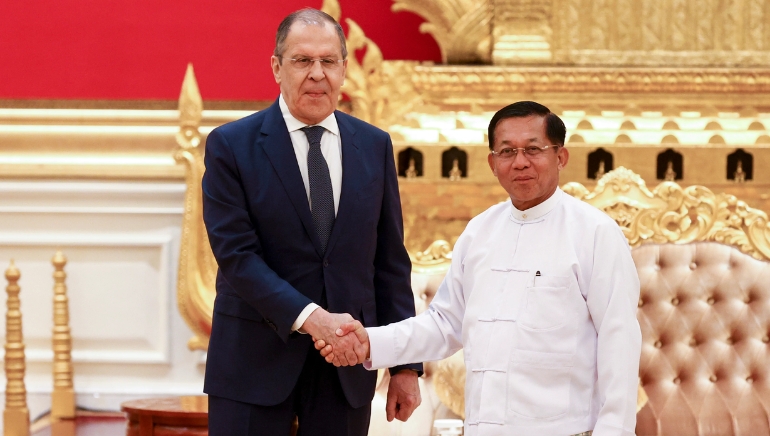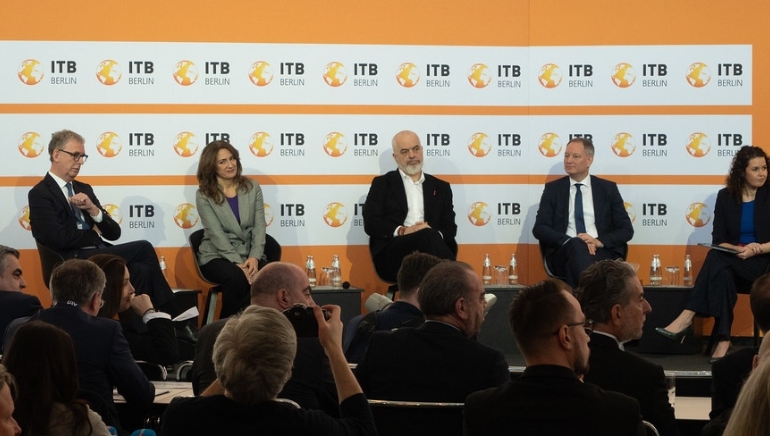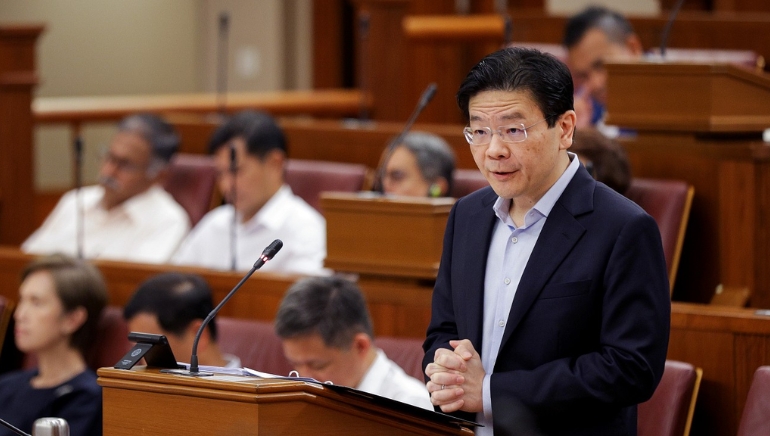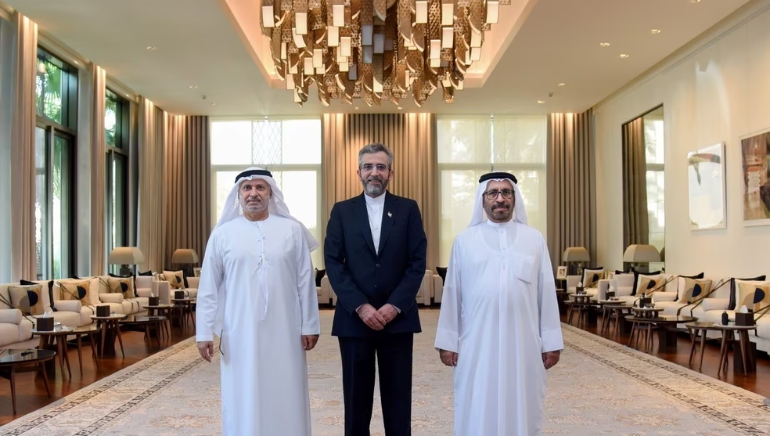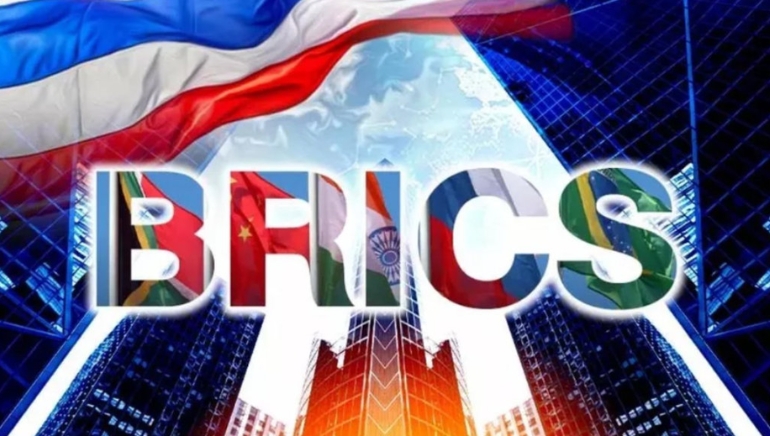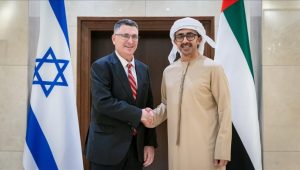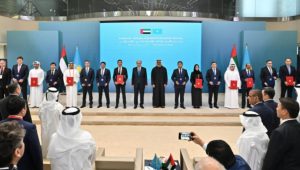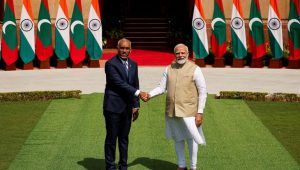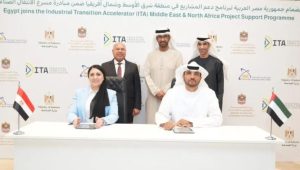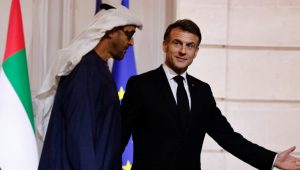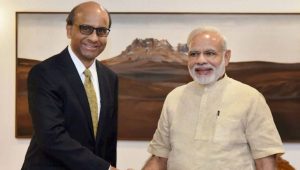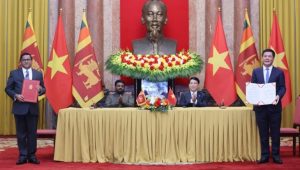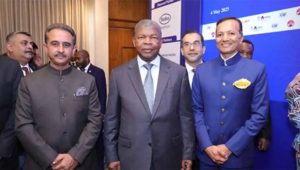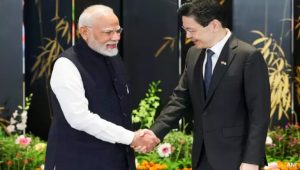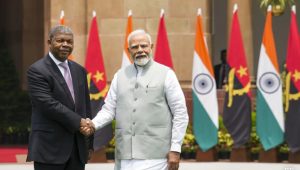Saudi Arabia is rapidly transforming into a key hub for artificial intelligence and data centres, with Riyadh likely to lead the Middle East’s data centre growth over the next three years. According to a forecast by real estate services firm Jones Lang LaSalle Inc. (JLL), the Saudi capital’s data centre footprint would rise at a startling 37% compound annual rate by 2027. This ratio is about double the predicted growth rate of neighbouring Dubai and Abu Dhabi, and it is much higher than the global average of 15%.
Daniel Thorpe, head of EMEA data centre research at JLL, emphasised the Kingdom’s aggressive quest for digital transformation and AI domination.
As part of its economic diversification plans, Saudi Arabia is increasing investments in cloud infrastructure and AI-focused technology. The country is luring major companies such as Microsoft, Amazon Web Services, and Equinix, which have pledged to develop data centres. Meanwhile, US firm Groq Inc. has teamed up with Aramco to build an AI inference centre.
Saudi Arabia’s ambitious plans include a new AI effort worth up to $100 billion. However, problems remain, such as US limits on AI chip exports and rising energy prices.






